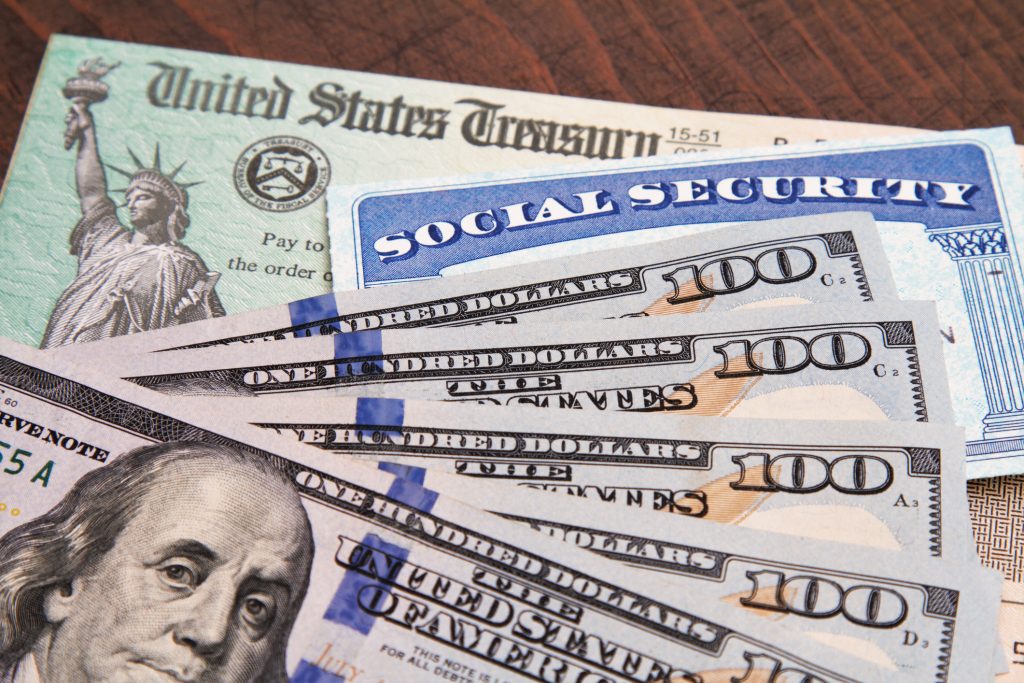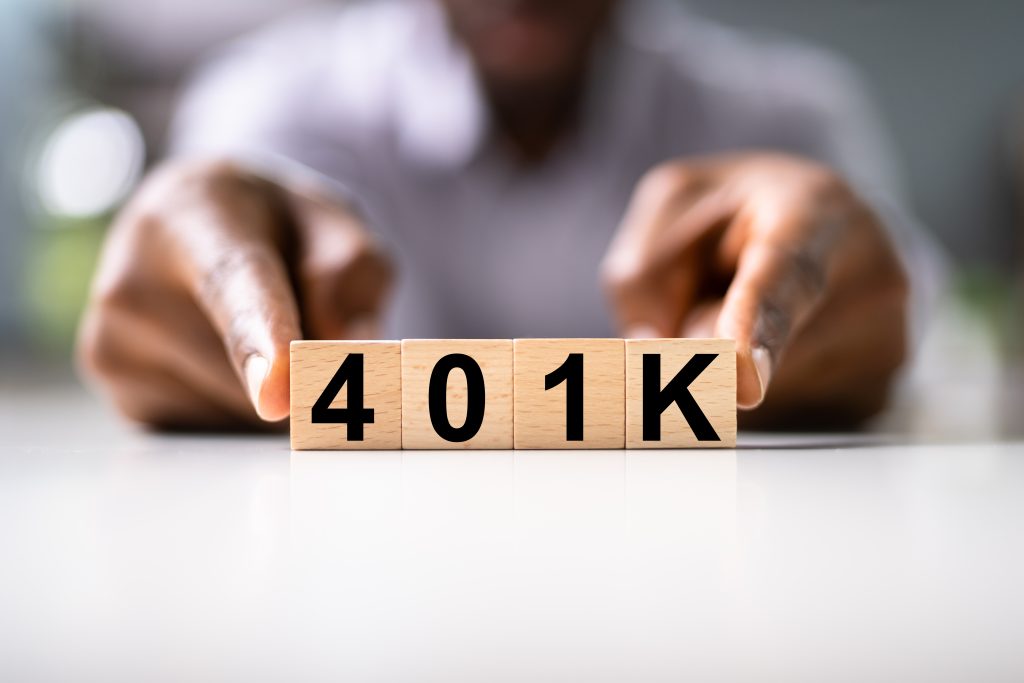
Image source: Getty Images
It’s no secret that the cost of living is astronomical right now. And when weighing the cost of groceries against your credit card bill, it’s easy to understand why you’d prioritize the former. Unfortunately, though, missing credit card payments can lead to collections. And not only can that be stressful, it can lead to wage garnishment, meaning you’ll have less money in your bank account.
Even so, you should know that you aren’t out of options, especially if your debt isn’t yet in collections. Here are three more viable options for avoiding credit card debt collection.
1. Take out a personal loan
Paying off your debt by taking out a personal loan is one way to avoid having debt go to collections. Because it’s no longer on the books of a given creditor, the issue is settled on its end. So all you’d have to do is keep up with your new personal loan payments to stay on track to get out of debt with minimal harm to your credit.
The major catch here is that you’ll need to rely on your credit to access these loans. And the better your credit, the better the loan terms. For example, you may be able to access significantly lower interest rates than your current credit card APR.
If you’ve already missed a couple of payments, or you have a lot of debt, you might find it difficult to qualify for a personal loan on your own. If that’s the case, getting a qualified cosigner can help you access this option. Or opting for a secured loan may help, as long as you’re confident that you won’t miss payments, which would mean losing the collateral, such as a savings account or car.
2. Look into a balance transfer card
Again, transferring your debt to another entity — or in this case, another credit card — will also ensure that your creditor can’t send your debt to collections. Many of these cards will even offer a limited-time 0% introductory rate. For example, you may get 12 to 21 months interest free. That can help reduce the total cost of your debt, or at least give you some breathing room.
Interested in getting one of these cards? Check out our list of the best balance transfer cards available now.
But again, you’ll have to qualify. If you’re at the point where you haven’t yet missed a payment, and your credit score is above 670, you likely have options. If your score is lower, you may have more limited options, such as shorter introductory periods or a higher APR.
Another factor here is that there is a balance transfer fee, and that’s often a percentage of the transferred amount (for example, 3% or 5%), or a flat amount. Still, checking to see if you can qualify for a balance transfer credit card is worth the time because of the potential benefits.
3. File for bankruptcy
If you’ve reached the point where paying off your credit card debt is just not realistic anymore, you might want to consider filing for bankruptcy to wipe it out and start over. In fact, that’s what over half a million Americans have done from September of 2023 to September of 2024. That represents a 16.2% rise in bankruptcy filings compared to the previous year.
There are two common bankruptcy routes you can take:
- Chapter 7: This requires you to sell off assets, and wipes out your debts with those proceeds.
- Chapter 13: This gives you a debt payment plan you have to stick to for three to five years, and in exchange you get to keep all of your assets.
Bankruptcy stays on your credit report for seven to 10 years. But that doesn’t mean it’s best avoided at all costs, especially if you’re in a situation where you’re having trouble paying for basic necessities. In fact, it can provide the fresh start you need to improve your quality of life.
A word of caution about debt settlement
Debt settlement is often touted as a way to reduce your debt and avoid collections. But if this is a path you want to pursue, you should be careful. These companies typically charge a fee, and settlement is not guaranteed. Plus, interest and fees keep accumulating while they’re attempting to negotiate with your creditors — during which time your debt might still get sent to collections.
So, in the worst-case scenario, you could end up with more debt than you started out with and still have your credit score take a downturn. Talking with a credit counselor is a good first step to understand your options and find the safest way to avoid collections.
Facing the possibility of debt collection is never easy. But that doesn’t mean you’re powerless to stop it. And while your options may be limited, there are avenues to help you mend your financial situation and get back on track.
Alert: highest cash back card we’ve seen now has 0% intro APR into 2026
This credit card is not just good – it’s so exceptional that our experts use it personally. It features a 0% intro APR for 15 months, a cash back rate of up to 5%, and all somehow for no annual fee!
Click here to read our full review for free and apply in just 2 minutes.
We’re firm believers in the Golden Rule, which is why editorial opinions are ours alone and have not been previously reviewed, approved, or endorsed by included advertisers.
Motley Fool Money does not cover all offers on the market. Editorial content from Motley Fool Money is separate from The Motley Fool editorial content and is created by a different analyst team.The Motley Fool has a disclosure policy.
 fool.com
fool.com benzinga.com
benzinga.com



